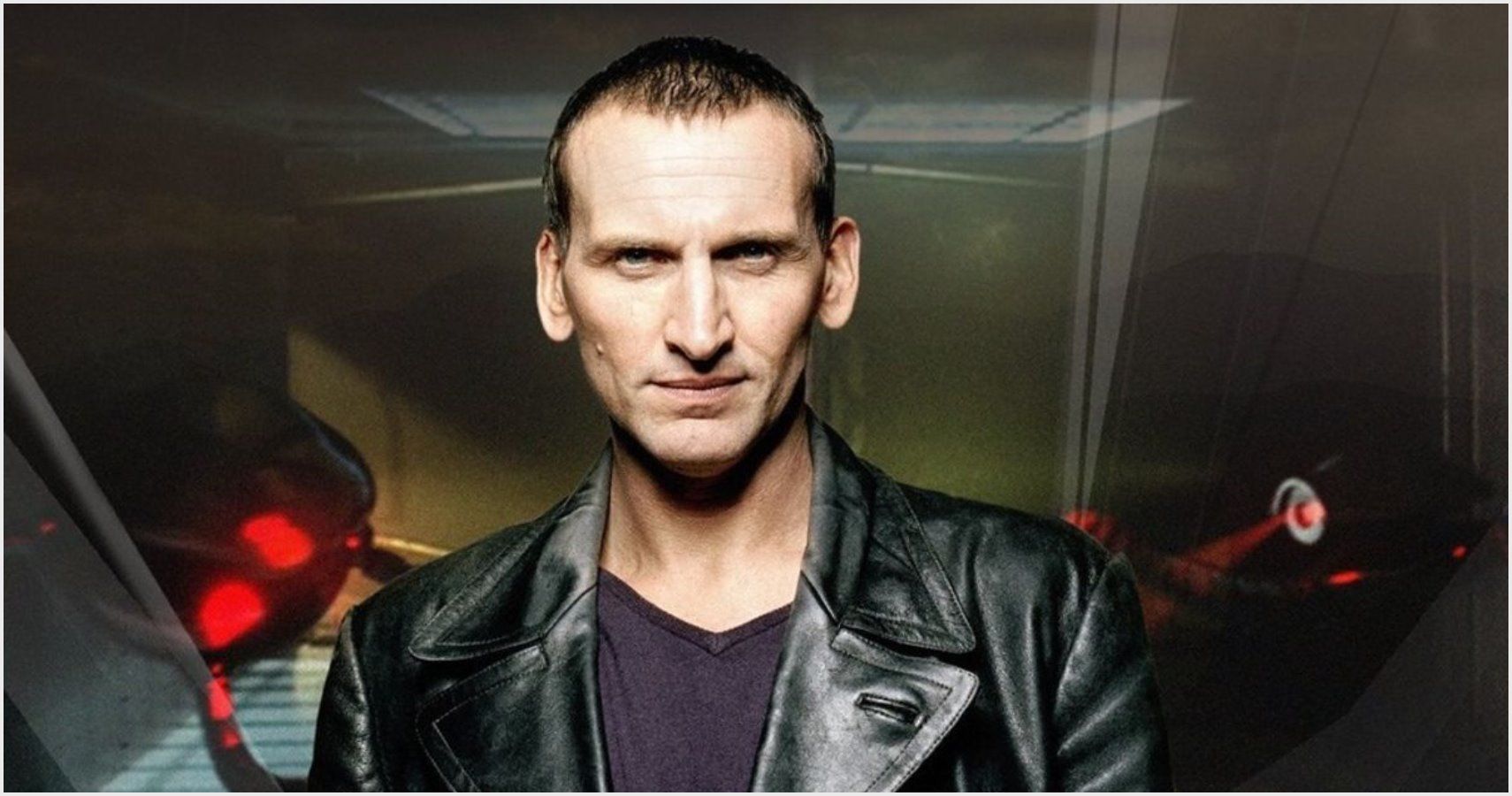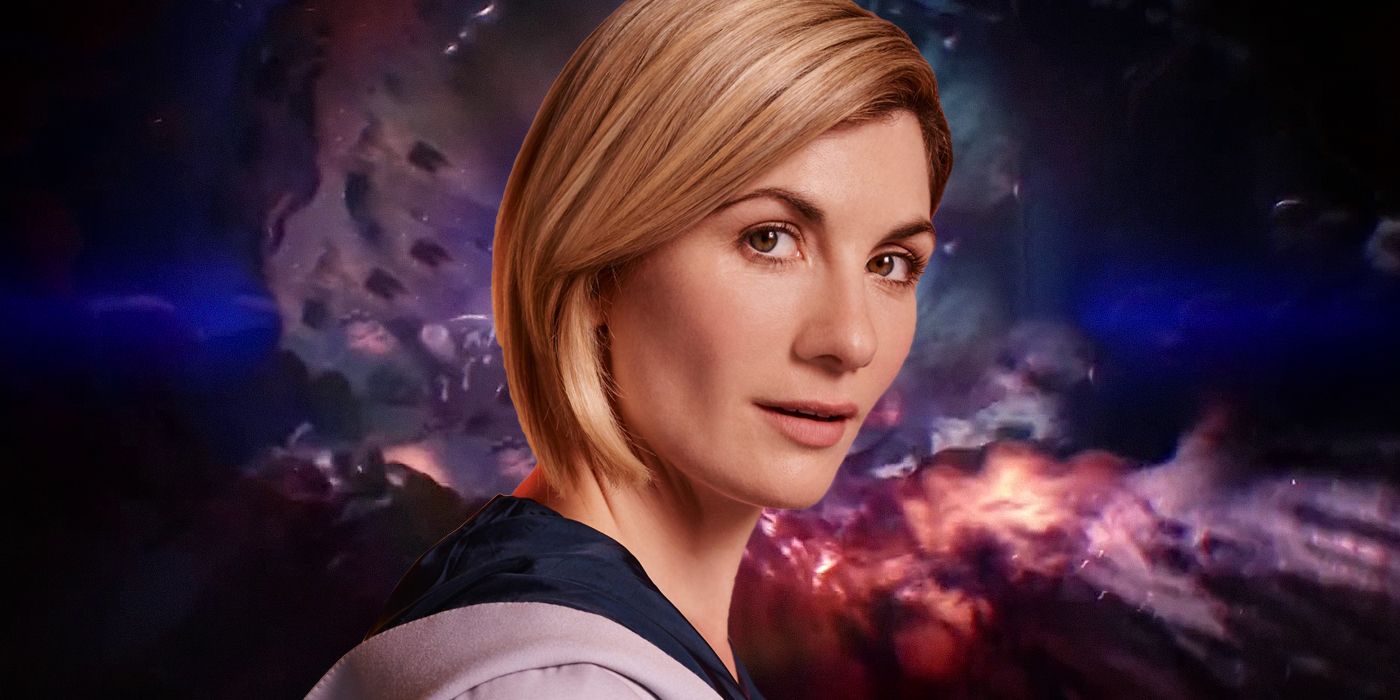
Doctor Who's Christopher Eccleston thinks it is time to introduce Cyberwomen to the show. Doctor Who is one of the longest running TV shows in the UK, with its first run stretching from 1963 - 1989. The show was rebooted in 2005 and has been going strong since then. Naturally, the show has gone through many evolutions over the years and those evolutions aren't just in the sophistication of graphics, storyline, and character development, but also in the growth of the inclusivity and diversity that the show embodies.
Classic Doctor Who never had a lot of room for growth, as the show ended just as real social change was beginning to take place in the UK. However, 2005 - 2016, saw the rebooted Doctor Who taking steps in the right direction. Captain Jack Harkness brought bisexual representation to the show in 2005, Martha Jones became the first female African-American companion in 2007, and the first female Master was introduced in 2014. By far, though, the most drastic evolution came with the introduction of the first female Doctor (Jodie Whittaker) in 2017. Under the current showrunner, Chris Chibnall, representation of women and racial minorities has greatly increased, but perhaps it is still not quite enough.
Eccleston told Radio Times that it was time for Doctor Who to introduce Cyberwomen. He detects an element of feminism and flirtatiousness within the Doctor that would clash beautifully with a malevolent Cyberwomen. In Eccleston's perspective, the Doctor is drawn to feminism, which makes a good argument for there to be more female representation in the show. In fact, Eccleston doesn't want to stop with Cyberwomen, but wants Doctor Who to incorporate femininity in a grander way, including hiring female writers and integrating historical women into the Doctor's travels. Read what Eccleston said below:
You know, it’s great that we now have a female Doctor, and I think we should take that further in the way we look at history. Look at it through a female lens. Russell T Davies writes the Doctor as one Doctor; Steven Moffat writes him as another; Rob Shearman writes him, he’s another. Bit of a boys’ club, though. We need to address that. We need some more Cyberwomen, we need female writers. It needs to be addressed, particularly as the Doctor has such a pronounced, for want of a better phrase, feminine side, and such an enthusiastic engagement with the female.

Eccleston makes some very valid points in his discussion. As he states, Doctor Who's modern-era writers have, indeed, all been male. Even though the Doctor became a female, the showrunner simply changed from one male to another as Chibnall took over for Moffat. Similarly, Doctor Who's Cybermen have been 'men' since their very first introduction - way back in 1966. Also, while the Doctor has previously interacted with the likes of Rosa Parks, Noor Inayat Khan, and Mary Shelley, Eccleston is right that other historically significant women have been left out. The Doctor coming face-to-face with martyr and activist, Emily Davison, or UK suffragette organizer, Emmeline Pankhurst, would surely make for an educational and emotionally charged storyline.
It remains to be seen if Doctor Who will heed the words of Eccleston. What the producers need to be wary of is their efforts of diversity only reaching surface level. While it is nice to see a female Doctor, or an openly gay companion, or a female companion of South Asian descent, it means little if the producers don't dig deeper. It means little to have a female as the face of the Doctor, if the entire structure of the show is run by men behind the scenes. It means little to have minority characters if we do not dig deeper into the struggles and histories of their people. With its time travel premise, Doctor Who has the opportunity educate and to take on the lens of a variety of different people. It is time for them to break some traditions, particularly to end the 'boys club' behind the scenes and to not restrict their villains to one gender. As Doctor Who's 13th season approaches in the near future, hopefully the series will take its feminine touch to a new level.
Source: Radio Times
from ScreenRant - Feed https://ift.tt/3f8VFXR


0 Comments